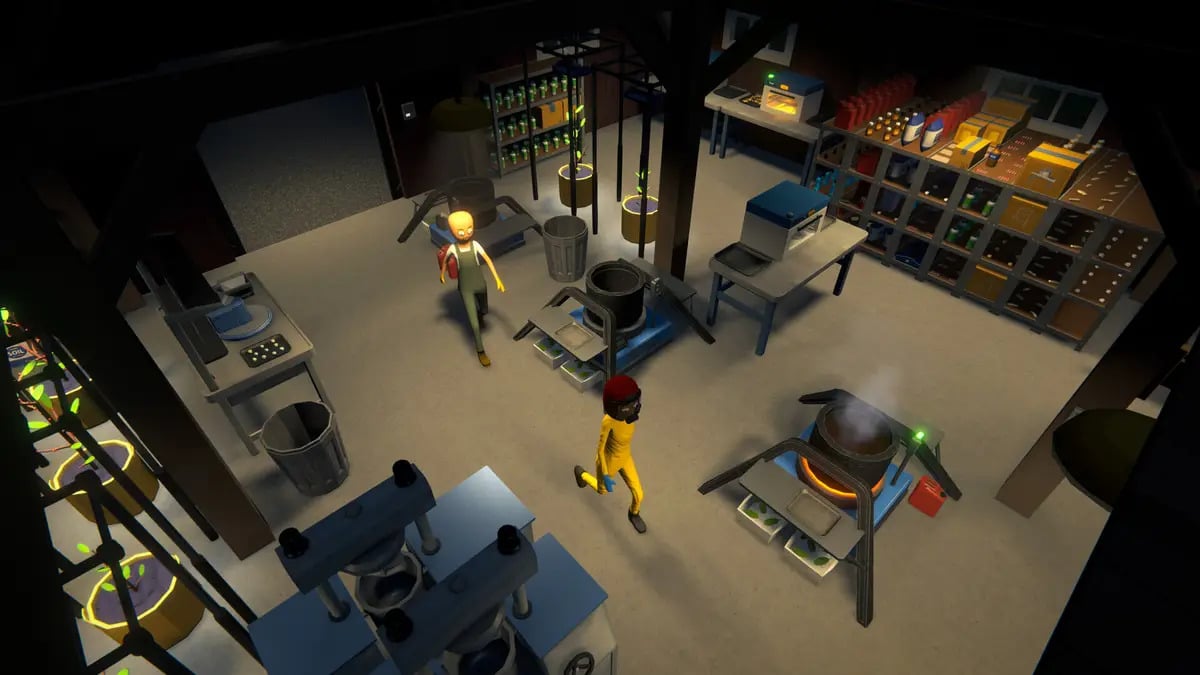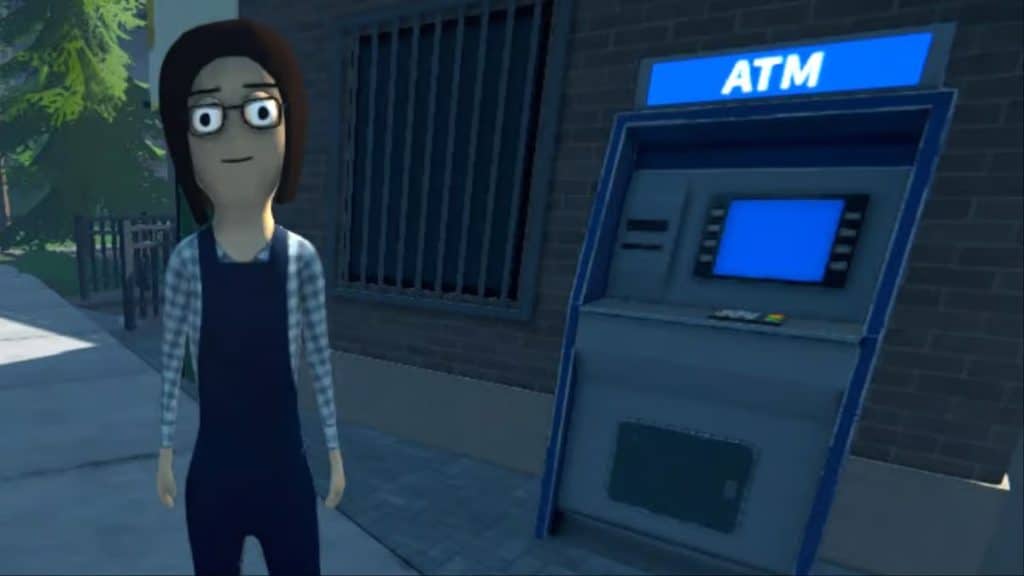Schedule 1, just in case you’ve been busy catching up on your swordplay from Kingdom Come: Deliverance or making a name for yourself in Monster Hunter Wilds, is a minor indie-based game filled with the fun joy of selling very family-friendly goods to unfortunate souls- drugs. It’s a drug-dealing simulator with simple, well-defined graphics that has been making waves over the gaming community with about 414,166 peak player count on the 30th of March and a couple of popular YouTubers, such as Jacksepticeye, making videos on the game, rating it very highly even in this completive market.
Unfortunately, this seems to have grabbed the attention of some of the top dogs in the niche, and players of these games know what happens in the biz when you get too big too fast.
What’s the Situation?

The developers of Drug Dealer Simulator, already a popular series in of itself, with many fans considering it the authority on this particular market, due to the real use of criminal understanding and breakdown within their games. The studio in charge of them, MOVIE GAMES SA, has released a document detailing the problems they have. Since the text is in Polish, I’ll give a basic rundown for you. The concern is within Schedule 1’s plot, mechanics, and UI, seeing as they have been identified as stepping over into a drug dealer’s intellectual property rights.
What Does This Mean?
It means that there is an ongoing investigation between the two games to determine if Schedule 1 is within the bounds protected by free thought. after all, within the question of running a drug dealership, how many differences can there really be? There’s bound to be an overlap, and Drug Dealer Simulator does not own the rights to the concept, just to their own game within those. We do know that Schedule 1 has responded to the claim by reviewing Schedule 1, but so far, the fate is uncertain. If it’s found out to be stolen, then there is a chance the game will be taken down or at least heavily fined, depending.
Final Thoughts
This sort of thing happens fairly often, though mostly with big franchises like Pokémon, aka Pokémon vs Palword, for a recent example, or even in the movie side of things. Disney is known for their aggressive tactics in dealing with the question of copyrights. Though in those cases, most of the time, they aim for fan games. Companies are fine with letting small games like that boost their sales and gather interest in the topic their game is in, think, ohh this cheaper version is so fun, how much funnier is the real deal?
So, these problems don’t spring up till the game threatens the player base of the “main authority.” That’s when legal action starts to take place. We don’t know what the outcome of this will be. Maybe some light changes, like the kinds Palword had to do to appease Nintendo, but whatever it is. it’ll be interesting, hopefully Schedule 1 will come out unscathed.


